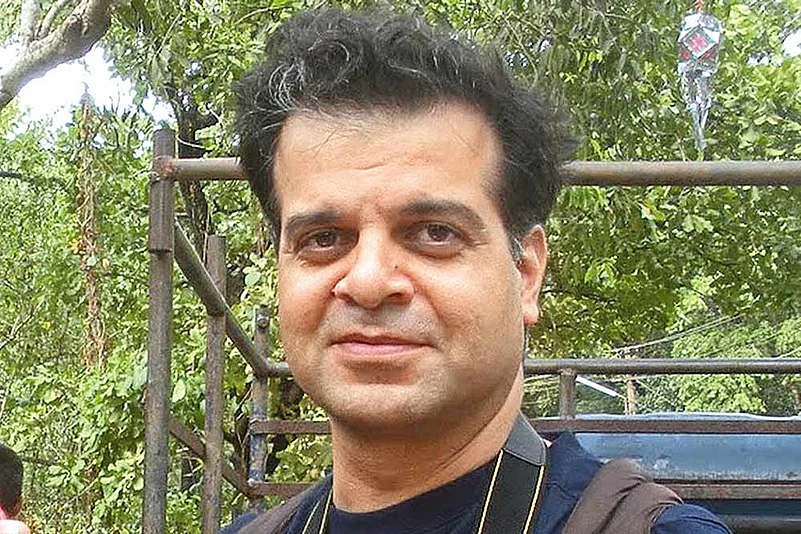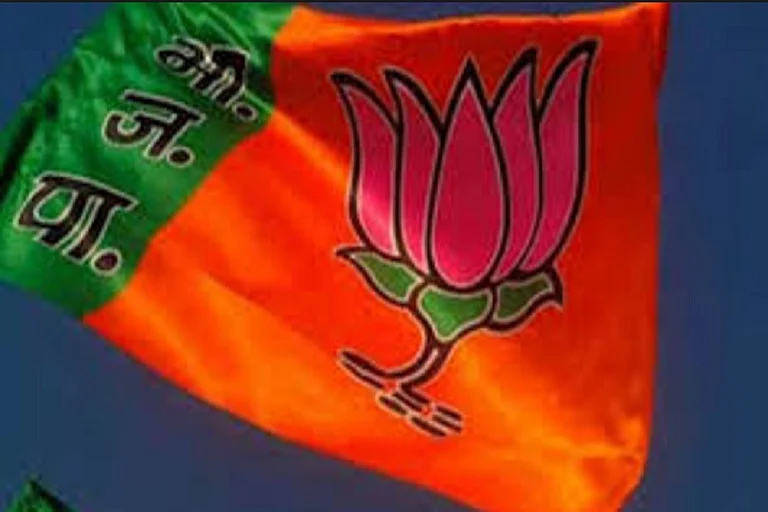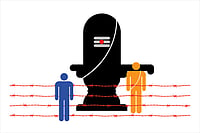‘Check your privilege’, a phrase most often directed at cocky white males in America, never gained traction in India, probably because the equivalent of the privileged white male in India—the upper caste, English educated, affluent, entitled urbanite—instinctively shunned it. But most of them have also ignored the venerable Socratic exhortation ‘know thyself’. Until now, it would seem. Namit Arora’s wonderful collection of essays does both and, in the process, opens our eyes to the state of our land and civilisation at a crucial time in our history.
The book is made up of 15 brilliant essays on the subject of India and inequality. Some themes dominate—the English language, colonisation, Hinduism, the caste system, nationalism and Ambedkar.
Arora’s probing introduction tells us something few successful Indians will acknowledge—success is often not earned, but the result of the luck of being born in the right family. An intelligent analysis will show this, but most people pass off inherited advantages as ‘merit’. Unless this changes, and attempts made to create a level playing field, there will never be meaningful social change in India.
Arora examines the life of some of the marginalised, two Dalit writers and a transgender (Omprakash Valmiki, Ajay Navaria and A. Revathi), reading with admiration their autobiographies and admits that one marker of unearned success is English, almost a birthright among the upper-crust often denied to the marginalised. He dismantles the aesthetic and literary claims of English, but admits its important role as a link language.
Arora is astute on colonialism and aware of how pernicious, insidious and pervasive it was and continues to be. The job of de-colonising the mind is difficult, for the values of the coloniser are deeply embedded in many of the local elites and in the continued superior status granted to English. Arora thinks an awareness of our predicament and a sharp and purposeful interrogation of the hierarchies still prevalent in our society should help us break free of the chains of colonialism.
Hinduism and its corollary, the caste system, are often scrutinised. The abstractions at the core of Hinduism—brahma, atma, the notions of karma and destiny, varna and caste and the way they work out in real life are systematically probed and dismantled. The literary beauty and ethical sophistication of the Mahabharata is acknowledged, but the Gita, Arora believes, endorsing as it does the values of orthodoxy, authority and hierarchy, is an unsuitable moral guide for the contemporary world, particularly for a nation that values equality and justice.
Caste and its ramifications figure often. It is regressive, Arora feels, and holds back the emergence of a just republic. Among the leaders of modern India, he is most impressed by Ambedkar and is disappointed that the true nature of Ambedkar’s contributions to India is not appreciated fully, particularly by upper caste scholars. Perry Anderson’s work on the Indian ideology and criticism of Indian intellectuals are critically scrutinised. Arundhati Roy’s weakness—her romanticism and failure to suggest workable solutions to real problems—is exposed.
Arora engages with an enormous range of ideas succinctly and with deftness. A theoretical foundation, solid and up-to-date, is laid, various aspects of an issue examined and then, finally, a cool analysis and evaluation given. Knowledge and logic inform everything. The role that ideas, which underpin practices, should play in a liberal society that values fairness is never lost sight of.
Arora is alive to irony, but steers clear of it, thus missing a chance, perhaps, to enliven a serious collection with wit. But that could also be a consequence of having written a book not even a comma of which is politically incorrect. Arora credits his success to the lottery of birth. But one cannot help noticing that, of the thousands of his contemporaries who were similarly lucky, only he chose to go down this path of honest introspection and rigorous intellectual enquiry. It seems to suggest that inheritance alone won’t do; individual choices also matter.
If our Constitution, our ‘holy book’ according to our PM, has a spirit, it would sound like the lottery of birth. Such is its adherence to the values enshrined in the Constitution—tolerance, plurality, inclusiveness, secularism, a desire for justice and equality, a reverence for knowledge and the spirit of fearless enquiry. Books of such intelligence and clarity are needed in our post-truth world. For the young in India, this could be a moral compass and a guide. If this book opens some eyes, till now wilfully shut, it will usher in a better India.























